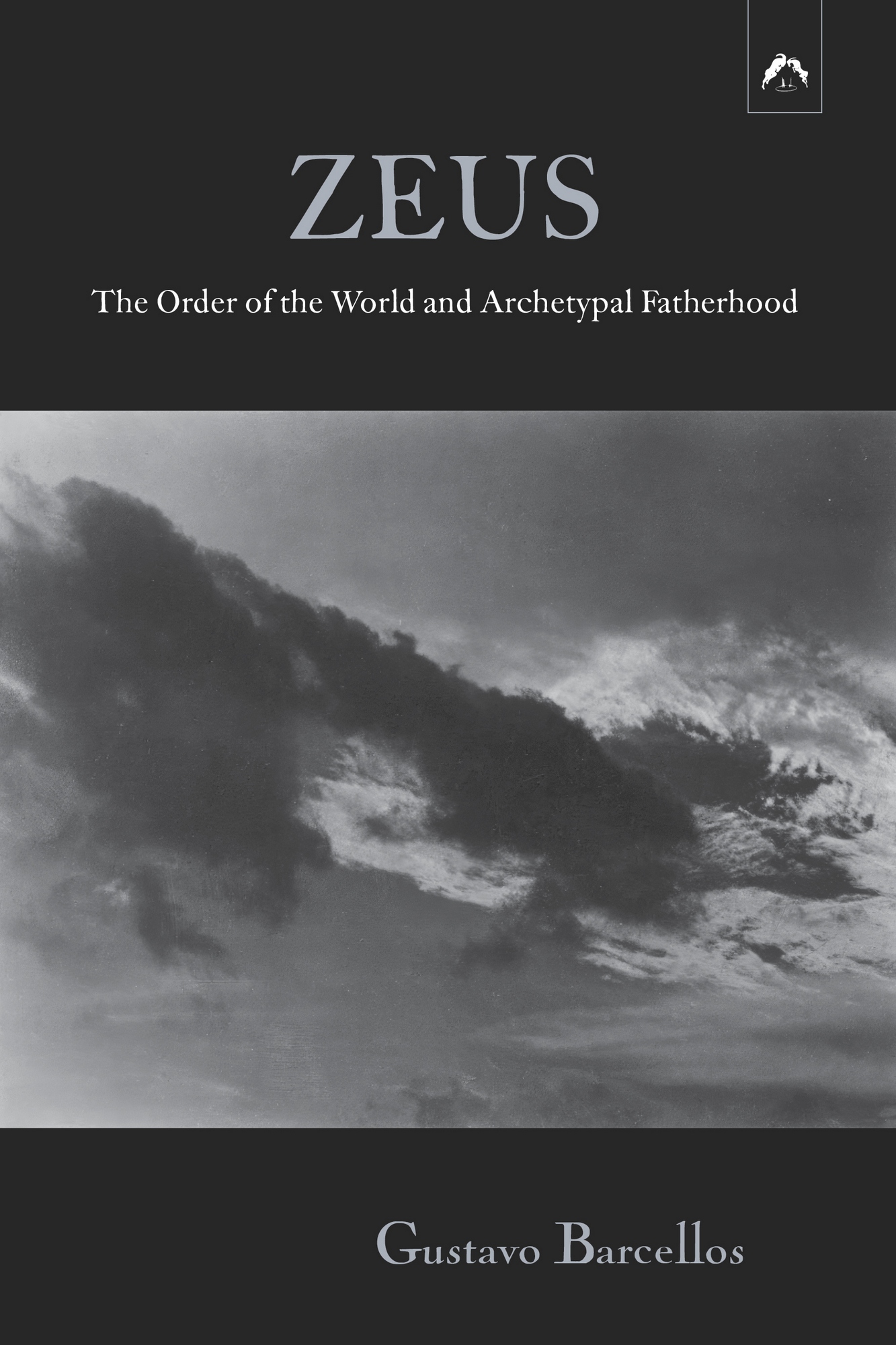Barcellos’s newest book, published last year in Brazil as Zeus: Fabulação do mundo e paternidade arquetípica and elegantly translated by Tracy Smith Miyake, examines the mythical figure of Zeus from the viewpoint of Jungian psychoanalysis, with its various implications on our understandings of fatherhood, sovereignty, power, fertility, regency, and the order of the world. Speaking of Zeus already places us in a superlative mode within the imagination of superiority, heights, mountaintops, the psychology of everything that is on the order of supremacy, majesty, things that are above, on a summit or a peak or, ultimately, in heaven, from which he descends, he precipitates. The language itself begins to change, assuming superlative words and adjectives: he is supreme, superiority, sovereignty. The book also addresses some psychological aspects of marriage, based on what Greek mythology contributes on this topic in the relationship between Zeus and Hera as well as that of Zeus and Athena with special attention to the father-daughter relationship—a link that has been poorly explored in depth psychology and psychoanalysis, which more frequently focus on the mother-son relationship typified in the Oedipus complex. The relationship between Zeus and Athena offers us a chance to examine the complex psychology of love between fathers and daughters.

